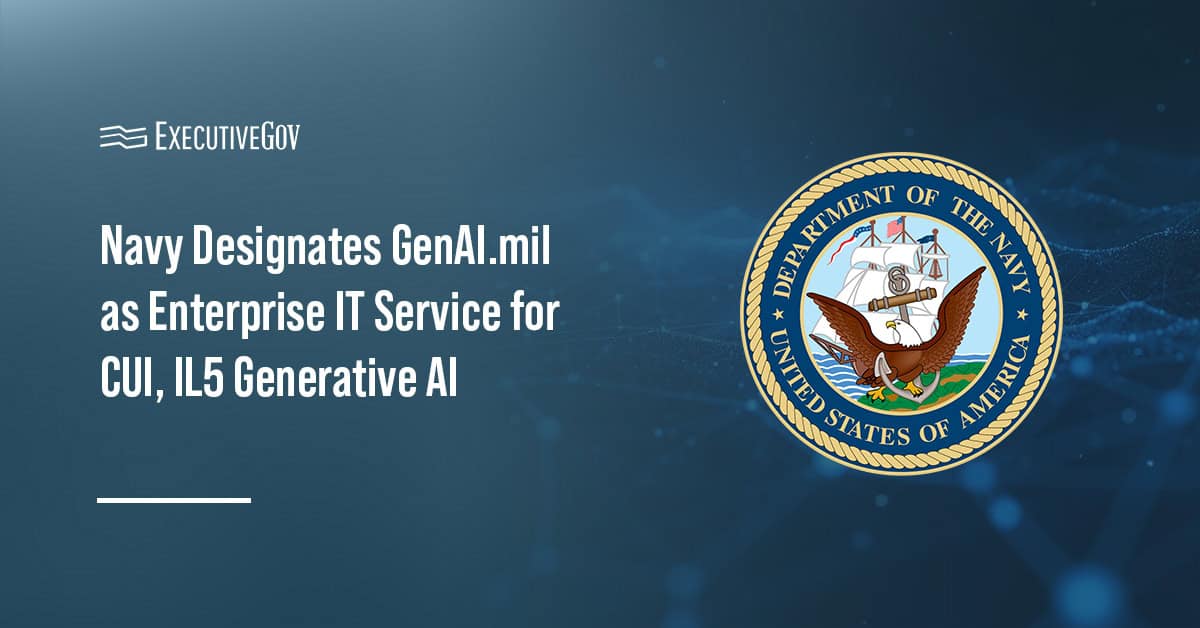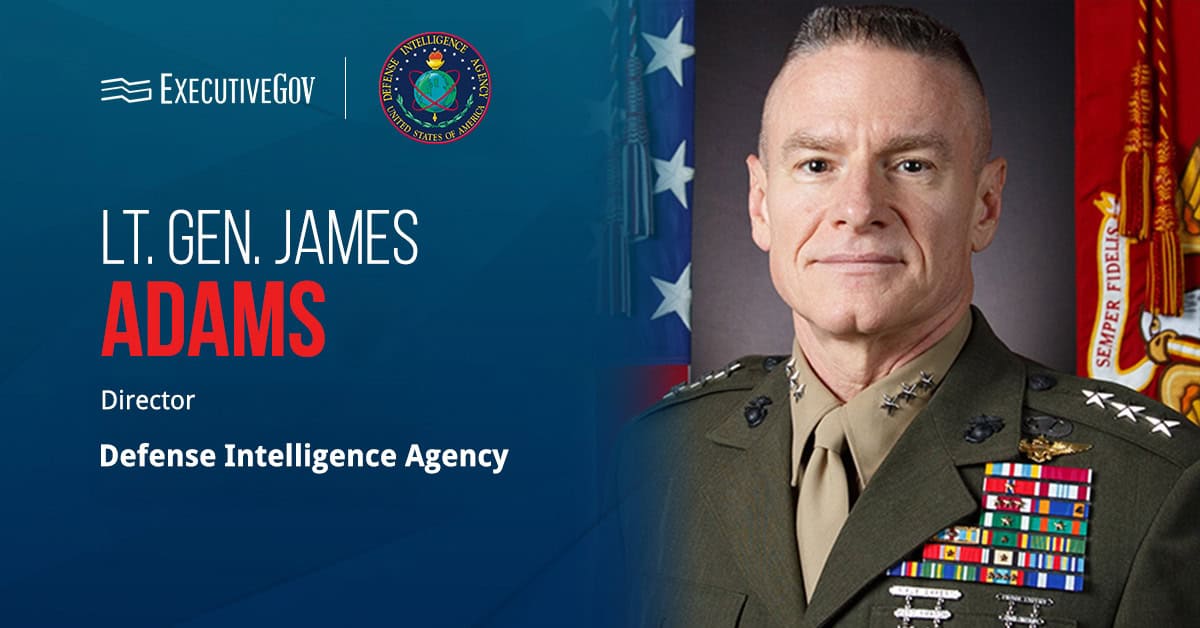
The Department of Defense has established a senior integration group to better oversee and coordinate across counter-drone efforts, National Defense Magazine reported Thursday. Chris O’Donnell, deputy assistant secretary of defense for platform and weapon portfolio management, said this new group will work to address issues across technology, acquisition, operations and policy.
“We’re trying to get decision-makers to understand that there’s a wide variety of things that they can pick to do this stuff,†O’Donnell stated at the Association for Unmanned Vehicle Systems International’s Defense Protection Security Conference in Washington, D.C.
He also said DoD seeks to improve procurement and accelerate the transition of new technologies to warfighters. To achieve this, the Pentagon plans to pursue rapid procurement programs for emerging technologies, the report noted.





